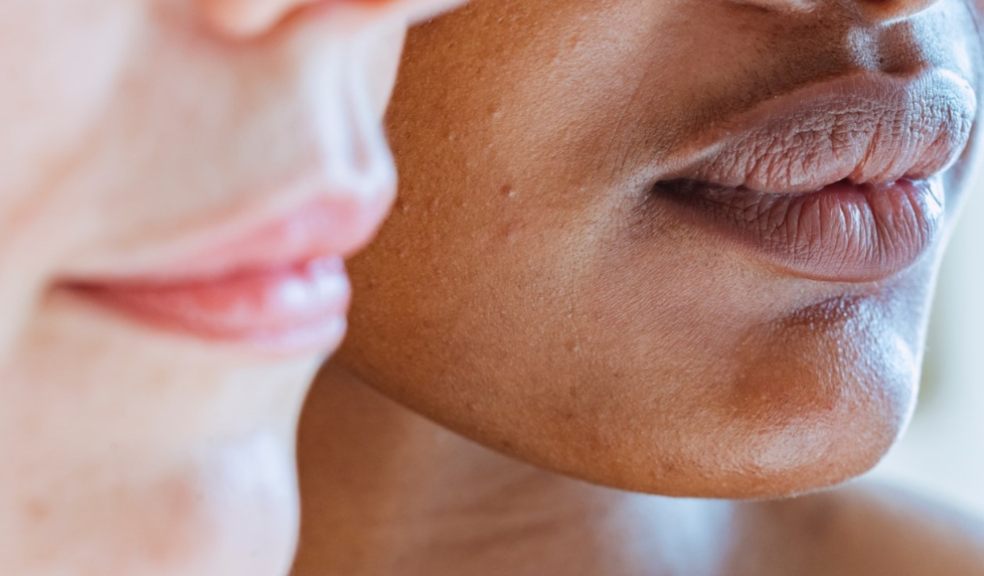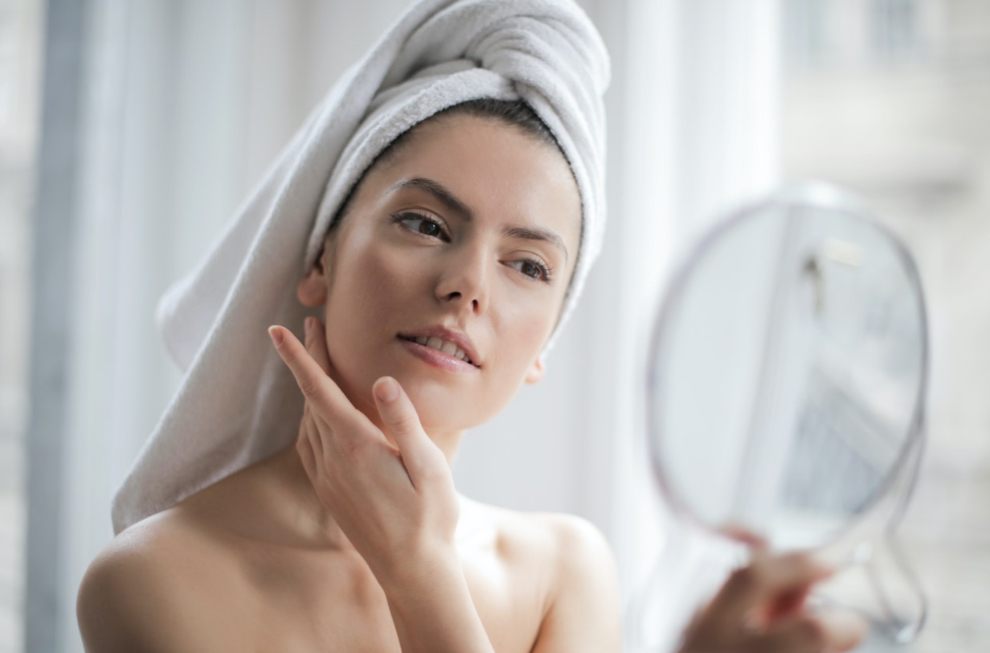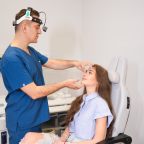
Top acne scar treatment options
If you have acne scars and curious to know your options, it is crucial to understand the numerous acne scar treatments available. However, not every treatment is for your skin type and, more importantly, your money.
Receiving treatment for your acne scars is a crucial step toward feeling more confident and beautiful. Now and then, a little pampering for your skin is not a terrible thing.
This article will learn more about the most effective acne scar treatments available. Make sure to read all the way through.
What is an acne scar and how can it be treated?
Acne scars are the outcome of the inflammation that occurs due to acne breakouts. Scratches and lesions caused by acne might appear as shallow indentations or lesions on your face, but they can develop anywhere in your body.
Minor blemishes are common among acne sufferers, and the scars left behind are superficial and swiftly heal. Blotches can sometimes leak their fluids into the soft tissue, forming deeper scars. Some acne scars may be permanent.
Acne scars do not fade away on their own after a while. As skin loses collagen, depressed acne scars become more visible as time goes on, especially in older people. Acne scars are frequently confused with post-acne hyperpigmentation, discoloration of the skin that develops after a pimple has healed and is caused by the same bacteria. Post-inflammatory hyperpigmentation or redness may go away on its own in a few months.
A lot of different treatments are available to help acne scars become less apparent, and some of them are permanent. You can simply choose which acne scar therapy you will use.
Below are some of the top choices for acne scar treatments.
Dermabrasion
Dermabrasion is a technique in which they use a coarse substance to scrape away a specific part of the skin. To reveal the dermis beneath the skin is scraped down to the dermis. An array of skin pigmentation disorders, including scarring, can be addressed with this treatment method.
However, because dermabrasion can make darker skin darker, this acne scar therapy is best for fair skin and severe scarring wholly healed.
Laser treatment
It is not a secret that a laser treatment removes the top layer of the skin without using chemicals or washes. The treatment works by directing a focused beam of light with a precise level of energy toward the damaged portion of the body. This concentrated energy triggers the tissue, thus causing it to begin to mend itself.
After several sessions, the pigment of the scar will gradually grow into an increasingly similar color to the coloring of the surrounding skin. At its most effective, laser therapy can eliminate acne scars. At the absolute least, this treatment approach has the potential to improve your aesthetics.
On the other hand, laser treatment is not ideal for everyone because the treatment's effectiveness is dependent on the number of acne scars you have and the type of skin you possess. You may encounter a bad reaction to the remedy if you have a sensitive skin type.
Microneedling/dermarolling
When doing this operation, you will need to use a rolling instrument having multiple tiny needles connected to it that will be meticulously moved throughout the skin, infiltrating the deeper scar tissue. In the same way that laser therapy works, micro-needling and dermarolling work on the same basic concept.
To simply say it, the tiny pinpricks from the needling instrument are used to encourage collagen production in that region of the skin, resulting in the lessening or removal of the scar over time. In most situations, micro-needling will not eliminate acne scars. However, further treatments may be necessary to achieve better results.

Dermal filler
In specific instances, your dermatologist may recommend facial fillers to minimize the severity of scars.
Dermatologists may opt for a filler composed of a collagen-based substance, requiring allergy testing before treatment. Nevertheless, you may consider extracting fat from another portion of your body and putting it to good use. You also can use artificial fillers to make your skin look better.
Dermal fillers are the most effective treatment for atrophic scars, yet some are just momentary. A usual course of treatment lasts between six and eighteen months.
Chemical peeling
Several chemicals, such as phenol, glycolic acid, and salicylic acid, are excellent acne scar therapy options. A competent dermatologist will apply a peel using either of these substances to the skin and eventually take effect for some time before removing it.
These acidic substances dissolve the outer layer of skin or even deeper layers of skin, based on the acid used, allowing a new layer of skin cells to form and replace the old, scarred cells, allowing the skin to regenerate.
Even though these chemical peels can be quite effective at reducing the look of acne scars, they also have several dangers, including skin color changes and, strangely, a new scar is possible. When you decide whether or not to have a chemical peel treatment, it is vital to consult your doctor and find out what kind of skin you have.
Final Thoughts
Treatments for acne scars are numerous and varied, and the information provided above is only a basic summary of what they can do to help you. Some of them are within your financial reach, while others are the most prevalent and effective therapies available today. Make sure to ask your dermatologist for additional information because knowledge is power.




















